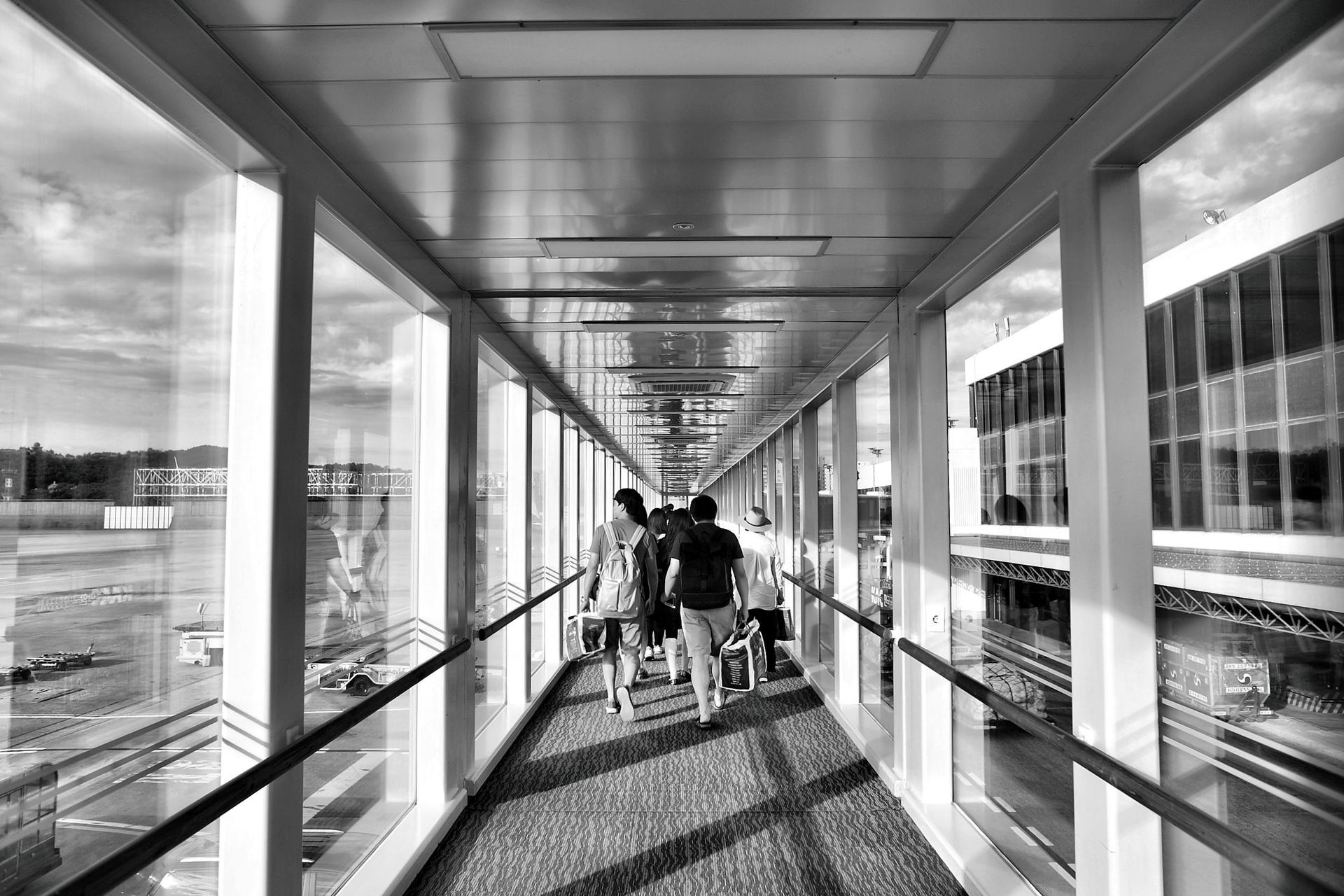The Incompatibility of Business & Budget on a Single Flight
By Sky Insights Global
Why hybrid services often fail both audience and what airlines can learn from it.
The skies are crowded with competing expectations. On a single short-haul flight, a business traveller in row 1 is finalising a client presentation, a hen party in row 16 is celebrating with prosecco, and a family in the rear juggles snacks and screen time. Yet, airlines often deploy a one-size-fits-all service model: identical announcements, pacing, and cabin configurations. This “everyone gets everything” approach seems equitable but frequently disappoints both business and leisure passengers, eroding satisfaction and loyalty. Business travellers, who account for just 12% of passengers but up to 75% of airline profits, prioritise efficiency, calm, and control. Leisure travellers, driving 70-75% of passenger volume, bring vibrant energy and emotional highs, often seeking value and enjoyment. Blending these groups without tailored strategies creates friction that even skilled crews struggle to mitigate.
Two Travellers, One Cabin
Sky Insights Global’s recent evaluations reveal persistent pain points: Business travellers show frustration during lengthy, festive boarding processes, with 44% citing price comparison and service inconsistency as key friction points compared to 28% of leisure travellers. Leisure groups feel disconnected by formal, transactional crew interactions, with 43% of Gen Z passengers valuing past airline experiences over price when choosing flights. Mixed service tones, neither fully relaxed nor strictly professional, leave both groups dissatisfied, with only 53% of passengers booking via airline apps reporting a seamless experience. This isn’t about fault, t’s about mismatched design. Traditional segmentation (business vs. leisure) no longer captures the nuanced preferences of modern travellers, who expect personalised experiences.
Designing with Behaviour in Mind
Airlines excel at segmenting passengers during booking, with 71% of travellers booking online and expecting transparency. Yet, inflight experiences often ignore these distinctions. One European carrier trialled a behavioural segmentation model that divided passengers into 6 distinct profiles, from Efficiency Seekers, Adventure Seekers illustrating how data-informed service design can strengthen loyalty and unlock revenue streams.
Airlines can adopt similar strategies by leveraging behavioural psychology and data analytics: Once global carrier for instance, unbundled business fares, targeting price sensitive corporate travellers, recognising that not all premium passengers seek the same experience. This kind of behavioural flexibility, when paired with dat-led service design, can unlock both loyalty and margin.
Cabin Zoning
Introduce quiet zones on midweek departures, where 46% of passengers are business-focused Efficiency Seekers. These travellers are more likely to value calm, uninterrupted space, unlike early morning flights on Thursdays or Fridays, which often carry leisure groups heading into long weekends. This could increase satisfaction for high-value customers without significant cost.
Contextual Announcements
Tailor inflight messaging to route profiles, professional for business-heavy routes, engaging for leisure-driven ones. For example, 19% of leisure travellers are Adventure Seekers who value experiential engagement.
Adaptive Crew Training
Equip crew to adjust tone and service based on cabin dynamics. Crew can be trained to recognise cabin cues, for instance, when leisure groups are seeking interaction, or business travellers prefer minimal disruption, and adapt their style accordingly. This Emotional agility can reduce in-cabin friction and improve satisfaction without adding cost
These strategies align with airlines’ digital transformation goals, where 89% of passengers value mobile apps for stress-free travel. Data lakes and real-time passenger analytics can further refine segmentation, ensuring services match expectations.
Why It Matters
A uniform service model is costly and inefficient. Business travellers, spending twice as much per ticket, expect premium experiences, while leisure travellers, sensitive to price, drive volume. Failing to differentiate risks alienating both, with 64% of passengers willing to switch airlines for better biometric or service options.
Critics may argue that zoning or tailored training adds operational complexity. However, data from behavioural segmentation trials across the industry suggest that targeted investments, even small ones, can drive measurable returns. By reducing emotional friction in the cabin, airlines can strengthen loyalty, improve satisfaction, and unlock new revenue streams. This is especially relevant as over half of business travellers now combine work and leisure (“bleisure”) in a single trip, making traditional segment boundaries increasingly obsolete.
Strategic Imperative
Airlines must move beyond operational fixes to emotional and behavioural alignment. Not all friction is logistical, some are experiential. Enhanced catering or legroom won’t resolve a cabin where expectations clash. By adopting micro-segmentation, data-driven zoning, and adaptive service, airlines can turn tense cabins into harmonious ones, driving revenue and retention.
Airline leaders should pilot behavioural segmentation on high-traffic routes, leveraging passenger data to test quiet zones and tailored scripting. Start small, measure satisfaction and ancillary revenue, and scale fast. In a hyper-competitive market, reading the cabin and designing for it isn’t just smart move, it’s survival.
Designing for behaviour isn’t a theory, it’s a commercial necessity. At Sky Insights Global, our in-flight and lounge evaluations are led by experienced HR practitioners who know how to spot the nuances that matter.
Whether you're revisiting segmentation, crew strategy, or cabin experience, our insights can help you move from assumption to action.
Let’s talk. Contact us team@skyinsightsglobal.com
#Aviation #Airlines #CustomerExperience #TravelIndustry #AirlineIndustry #BehaviouralInsights #ExperienceDesign #PassengerExperience #ServiceDesign #LoyaltyStrategy #InflightExperience #BleisureTravel #CabinExperience #Microsegmentation #TravelBehaviour #CXStrategy #SkyInsightsGlobal


